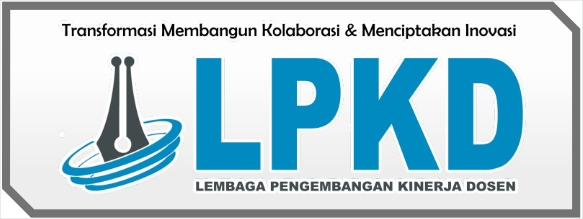Implementasi Collaborative Filtering Pada Aplikasi E-Commerce Penyewaan Costume Cosplay
DOI:
https://doi.org/10.55606/jupti.v3i1.2517Keywords:
Cosplay, Collaborative Filtering, Recommendation System, K-NNAbstract
Cosplay, a global popular cultural phenomenon, presents a challenge for cosplayers in obtaining suitable costumes. For instance, with the surge in cosplay events in Surabaya in July 2023, the development of a costume rental application could be a solution. This application allows cosplayers to easily rent costumes, reducing the cost and effort of creating their own attire. Utilizing Collaborative Filtering and K-Nearest Neighbor (K-NN) methods, the app will recommend costumes based on user interactions within an implicit feedback system. This research aims to create a practical and cost-effective solution for cosplayers in fulfilling their costume needs for cosplay events.
References
H. Saputra, “Event Cosplay Surabaya dan Sekitarnya Juli 2023,” KaptenTekno. Accessed: Aug. 19, 2023. [Online]. Available: https://kaptentekno.com/event-cosplay-surabaya-dan-sekitarnya-juli-2023
P. P. Rokade, P. V. R. D. P. Rao, and A. K. Devarakonda, “Forecasting movie rating using k-nearest neighbor based collaborative filtering,” International Journal of Electrical and Computer Engineering, vol. 12, no. 6, pp. 6506–6512, Dec. 2022, doi: 10.11591/ijece.v12i6.pp6506-6512.
O. Jeunen, “Revisiting offline evaluation for implicit-feedback recommender systems,” in RecSys 2019 - 13th ACM Conference on Recommender Systems, Association for Computing Machinery, Inc, Sep. 2019, pp. 596–600. doi: 10.1145/3298689.3347069.
C. Bravo and Ma. Bernadette, “Japanese cultural influence in the Philippines through anime’s popularity and pervasiveness,” 2012. [Online]. Available: https://api.semanticscholar.org/CorpusID:141710907
Ranny Rastati, “DARI SOFT POWER JEPANG HINGGA HIJAB COSPLAY,” 2015. [Online]. Available: http://www.mofa.go.jp/announce/fm/aso/speech
C. Feng, J. Liang, P. Song, and Z. Wang, “A fusion collaborative filtering method for sparse data in recommender systems,” Inf Sci (N Y), vol. 521, pp. 365–379, Jun. 2020, doi: 10.1016/j.ins.2020.02.052.
H. A. Abu Alfeilat et al., “Effects of Distance Measure Choice on K-Nearest Neighbor Classifier Performance: A Review,” Big Data, vol. 7, no. 4. Mary Ann Liebert Inc., pp. 221–248, Dec. 01, 2019. doi: 10.1089/big.2018.0175.
D. Hariyanto, M. B. Triyono, and T. Köhler, “Usability evaluation of personalized adaptive e-learning system using USE questionnaire,” Knowledge Management & E-Learning: An International Journal, pp. 85–105, Mar. 2020, doi: 10.34105/j.kmel.2020.12.005.
T. V. Machado Faria, M. Pavanelli, and J. L. Bernardes, “Evaluating the Usability Using USE Questionnaire: Mindboard System Use Case,” 2016, pp. 518–527. doi: 10.1007/978-3-319-39483-1_47.



















